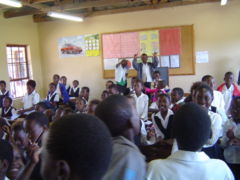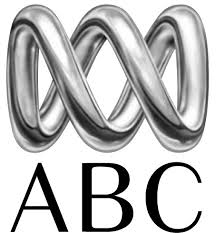Concept mapping and mind mapping resources
Thanks Roy from Teach and Learn Online, aka TALO, for this great guideline online tools for mind and information mapping. Botts also recommends checking out "Vue" and "FreeMind"
http://www.informationtamers.com/WikIT/index.php?title=Special:AllPages
a wiki about many types of information maps: Concept maps, mind maps, spider diagrams and others (computer based and hand-drawn). Covers how to make them, how they are used, which type to use in which circumstances and the benefits of the various styles.
http://www.exploratree.org.uk/
a free online library of "thinking guides" you can either print out or use online. Templates include tracking an enqjuiry, the Futures Wheel, from a different angle, thinking boxes, compare and contrast, and a lot more. Each template is customisable; you can also use them to collaborate on projects with other people.
http://www.visual-literacy.org/periodic_table/periodic_table.html
Original and valuable presentation of many ways of seeing data, information, concepts and strategies.
http://www.mind-mapping.org/
Just about all the mindmapping, concept mapping and other graphical information organizers are covered there. Also has articles about information mapping.
http://www.mindmapsearch.org/
Search engine that just looks at mind mapping sites or articles, and so produces highly relevant results. Has categorized lists of such pages as well.
http://www.topicscape.com/mindmaps/
Directory of mind maps (hundreds) tagged and categorized.
http://www.nancymargulies.com/resources.htm
Inspiration for information mapping.
http://www.wikimindmap.org/
Turn Wikipedia pages into mindmaps automatically.
http://en.wikiversity.org/wiki/Concept_mapping
Materials for learning how to use concept mapping
Jane Hart's Centre for Learning & Performance Technologies has a big list of mind-mapping tools. Her reviews link back to reviews from many ed-tech-ucators around the world.
http://www.informationtamers.com/WikIT/index.php?title=Special:AllPages
a wiki about many types of information maps: Concept maps, mind maps, spider diagrams and others (computer based and hand-drawn). Covers how to make them, how they are used, which type to use in which circumstances and the benefits of the various styles.
http://www.exploratree.org.uk/
a free online library of "thinking guides" you can either print out or use online. Templates include tracking an enqjuiry, the Futures Wheel, from a different angle, thinking boxes, compare and contrast, and a lot more. Each template is customisable; you can also use them to collaborate on projects with other people.
http://www.visual-literacy.org/periodic_table/periodic_table.html
Original and valuable presentation of many ways of seeing data, information, concepts and strategies.
http://www.mind-mapping.org/
Just about all the mindmapping, concept mapping and other graphical information organizers are covered there. Also has articles about information mapping.
http://www.mindmapsearch.org/
Search engine that just looks at mind mapping sites or articles, and so produces highly relevant results. Has categorized lists of such pages as well.
http://www.topicscape.com/mindmaps/
Directory of mind maps (hundreds) tagged and categorized.
http://www.nancymargulies.com/resources.htm
Inspiration for information mapping.
http://www.wikimindmap.org/
Turn Wikipedia pages into mindmaps automatically.
http://en.wikiversity.org/wiki/Concept_mapping
Materials for learning how to use concept mapping
Jane Hart's Centre for Learning & Performance Technologies has a big list of mind-mapping tools. Her reviews link back to reviews from many ed-tech-ucators around the world.




















